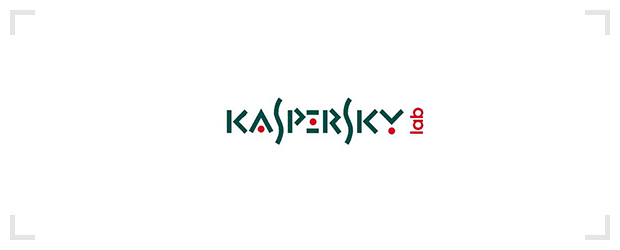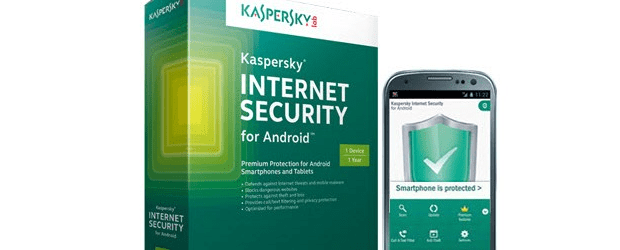PUNTA CANA, DOMINICAN REPUBLIC – A new services program launched by security vendor Kaspersky Lab at its North American partner conference last week aims to boost business for services partners while providing incremental revenue and account protection for resellers than lack a services arm.
The program, dubbed Certified Service Provider (CSP), sees Kaspersky technically accredit services partners with the skills to successfully complete Kaspersky deployments. A reseller without a services arm, or without the services capacity to complete a particularly large deal, can sell a Kaspersky services SKU.
And CSP partners can get referred services business by Kaspersky. Essentially, the reseller contracts the implementation to Kaspersky, who sub-contracts it to the CSP partner that best fits the opportunity. Kaspersky will offer the services opportunity to all qualified CSP partners, and the first to respond gets the deal.
To protect the reseller, services partners are contractually prohibited from doing business with any customer for one year, unless they’ve previously done business with that customer. The reseller earns about 15 per cent margin on the services sale and Kaspersky only takes enough to cover program administration costs, with the rest going to the services partner. CSP partners will need about four days training to become accredited, and enrollment will be limited to match demand levels.
Chris Doggett, senior vice-president of corporate sales for Kaspersky North America, said they have a lot of partners that are primarily product-focused with little to no services business, and a lot of partners with mature services businesses that, until now, haven’t seen Kaspersky has a product that requires a lot of services. That has changed as the vendor has gone deeper into the mid-market and enterprise, with solutions that go beyond malware and endpoint security to include system and device management and security policy management.
“CSP gives partners that don’t currently have significant professional services capacity to extend and do more of a solution sale, and for those partners that do a fair amount of services this is a good entry point for them to add Kaspersky professional services to their portfolio,” said Doggett. “We’ve lowered the barrier of entry to almost 0 for them in terms of the initial investment they need to make.”
Kaspersky wants to see service attached to every sale, but as a product company, it doesn’t want to get into that business itself.
“Whether the services are delivered through CSP or by a VAR with their own team, it’s the same to us,” said Doggett. “We would prefer our partners deliver their own services because they’re closer and tighter to the customer (if they do), but we recognize many don’t have that capacity.”
Michael Knight, CTO with Encore Technology Group,a Kaspersky partner, sees opportunity to grow his services business with CSP, by working with large resellers such as CDW that don’t have a services arm, or smaller resellers that may get into a school district with 100,000 nodes and are challenged with the complexity and scale of the roll-out. For those partners, this is a SKU they can use.
“They’ll be able to offer a full turnkey solution,” said Knight. “Most customers don’t want to buy the product from you and then go out and buy service separately; they want the cohesiveness.”
And what CSP offers to both sides, said Knight, is confidence beyond a handshake that the services partner won’t try to disintermediate the original reseller.
Kaspersky partner All Tech 1 took part in the CSP beta program, and president Robert McMillen said it’s been great for their services business. They don’t have to go out and find the business – Kaspersky comes to them and asks them if they’re able to take on an opportunity that fits their expertise.
“We’re making money on the services end of things in a way we never expected to happen,” said McMillen.




